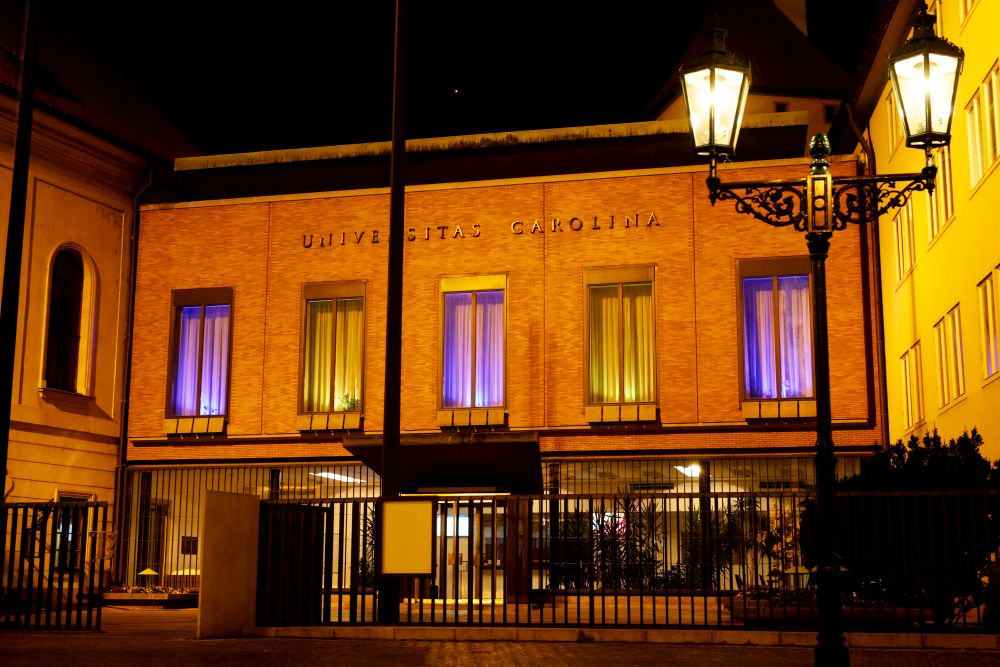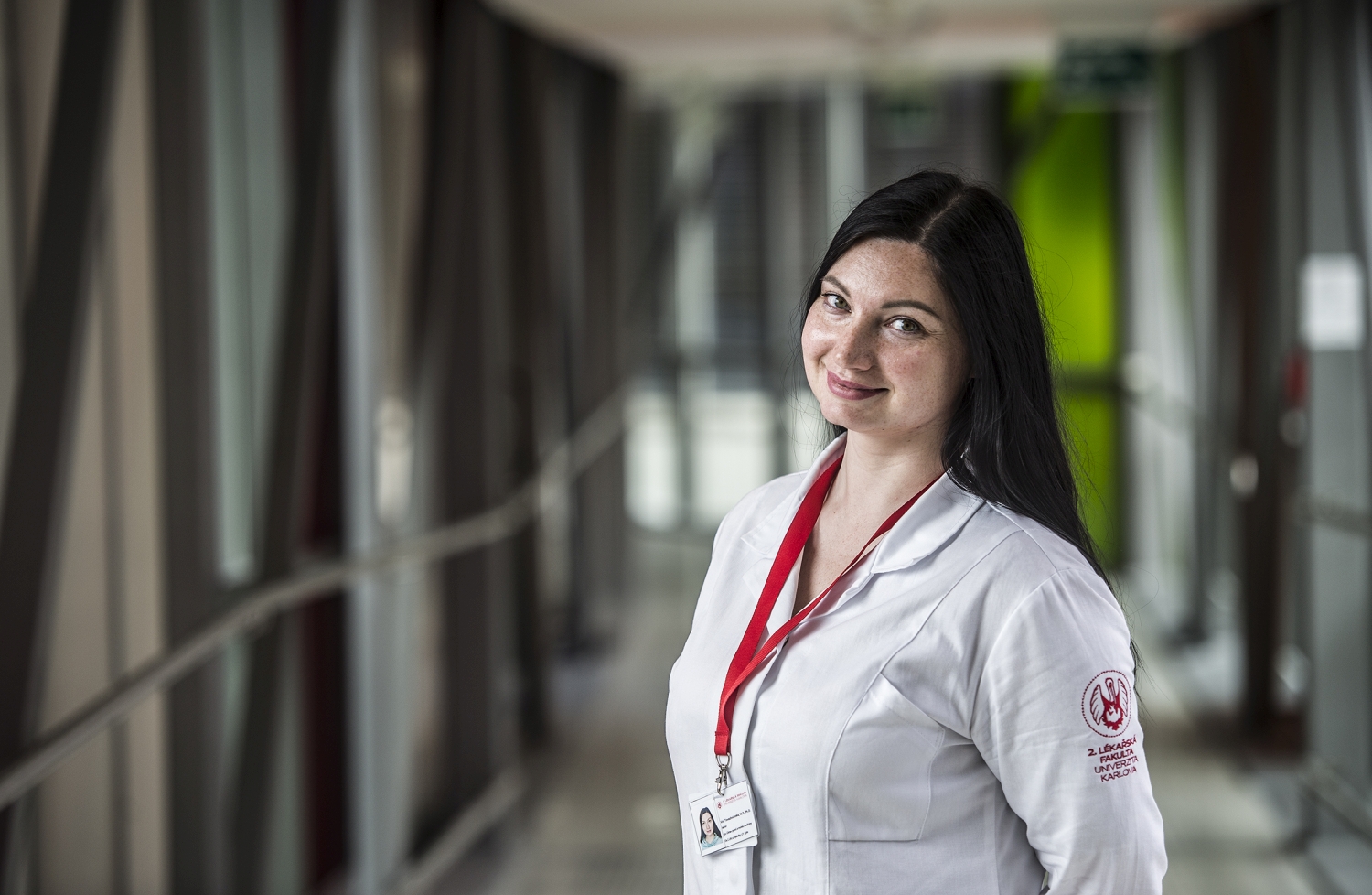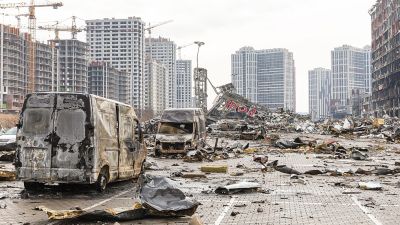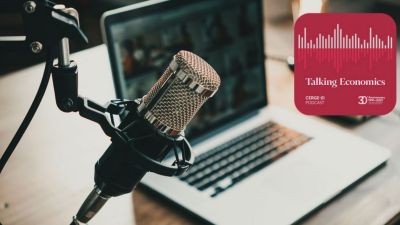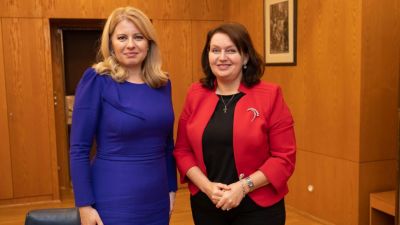It has been almost two years since the Russian attack on Ukraine began at dawn on 24 February 2022. Ahead of the sobering anniversary, Forum reports on the important work of Ukrainian scientists and scholars at Charles University.
Charles University supports Ukrainian scientists and students
Immediately after the launch of Russian aggression against Ukraine, Charles University began to help Ukrainian citizens on many levels, from providing temporary accommodation in dormitories to providing Czech language courses, as well as enabling Ukrainian students and academics to continue their studies or research through special scholarships or grants. Currently, there are about a hundred Ukrainian academics working at Charles University, about a third of whom have been here for a long time and came to the university before the outbreak of the war.
At the international level, Charles University cooperates with Ukrainian universities through the Eastern Partnership University Cluster (EaPUC), which brings together universities from the European Union and the Eastern Partnership countries. Last year, for example, three international conferences were organised. "The aim of these conferences was to share experiences and promote compatibility and improvement of university education standards. In addition, the conferences focused on strengthening student and academic mobility and developing cooperation in science and research between EU and Ukrainian universities. The original eleven founding EaPUC universities, several of which are members of the 4EU+ University Alliance, will be joined by Sorbonne University and the University of Latvia in 2023," summarises Alexander Kandakov from the Department of International Relations.
|
A great help: the Czech-Ukrainian translator Scieantists from the Institute of Formal and Applied Linguistic of the Charles University's Faculty of Mathematics and Physics have developed a publicly available automatic translator between Czech and Ukrainian in record time to facilitate mutual communication. There is also a mobile app that can translate audio. |
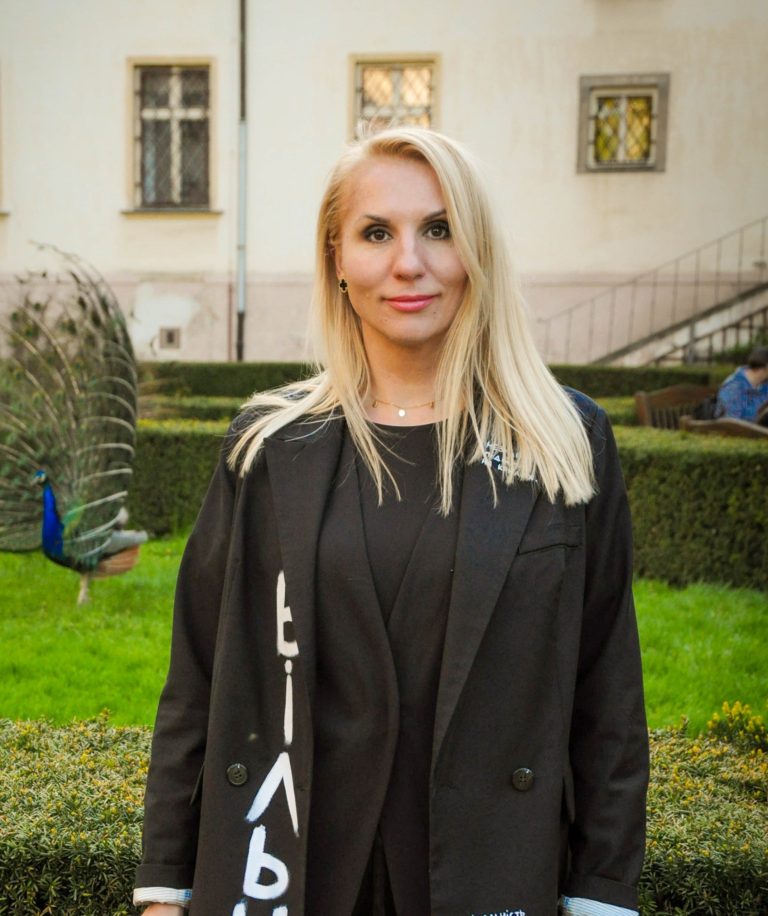 Charles University also directly supports the work of 15 academics in the Czech Republic. One of them is sociologist and political scientist Valeriya Korablyova, who now works at the Faculty of Social Sciences of Charles University. She works on topics such as post-Soviet transformations in Ukraine and the region, focusing on performative politics and intertwined colonial legacies. Among other things, she founded the research centre "Ukraine in a Changing Europe" at the Institute of International Studies, Faculty of Social Sciences, which aims to promote public interest and academic expertise on contemporary Ukraine from a social science as well as an educational perspective.
Charles University also directly supports the work of 15 academics in the Czech Republic. One of them is sociologist and political scientist Valeriya Korablyova, who now works at the Faculty of Social Sciences of Charles University. She works on topics such as post-Soviet transformations in Ukraine and the region, focusing on performative politics and intertwined colonial legacies. Among other things, she founded the research centre "Ukraine in a Changing Europe" at the Institute of International Studies, Faculty of Social Sciences, which aims to promote public interest and academic expertise on contemporary Ukraine from a social science as well as an educational perspective.
She is also a member of the first ever TANDEM CEFRES-CU project, announced by the French Centre for Research in the Social Sciences and Humanities (CEFRES) in Prague. The two-year project is entitled: A Subaltern That Sings: From Sound Resistance to Musical Diplomacy in Wartime Ukraine.
"The project brings together two academic discipline: cultural diplomacy and postcolonial studies – to reveal how Ukrainian musicians and activists use acoustic means to raise their visibility on a global level and to raise their country's geocultural status on the mental maps of international audiences. The two areas are actively developing, but largely in parallel without much crossover," Korablyova says, citing the Eurovision Song Contest and the European opera scene as examples.
Success at European level
The story of Olena Yakushko from the University of Poltava proves that war does not stop science. Shortly after the outbreak of the war, she joined Zbyněk Tonar's team at the Faculty of Medicine of the Charles University in Plzeň and was awarded the prestigious EMBO Solidarity Grant for her new project. "My research focuses on microglia and astrocytes in various mouse models of cerebellar degenerative disorders," says the scientist. Simultaneously, she is working on a quantitative morphological analysis of the retina in a mouse model of spinocerebellar ataxia type 1. This neurodegenerative disease manifests itself in an unsteady and uncoordinated gait, vision problems, as well as cognitive deficits.
"The project will provide a quantitative look at glial cells from transgenic mouse strains that show clinical signs of cerebellar ataxia, as well as comparing them to healthy individuals. The relationship between astrocytes and microglial cells plays a key role in maintaining brain homeostasis. Revealing the features of activation and interaction of these cells in different parts of the brain will contribute to a better understanding of the causal relationships in the progression of neurodegenerative diseases. In addition, a deep understanding of the pathogenesis may refine theoretical and clinical approaches to the treatment of degenerative disorders of the cerebellum," explains the scientist, who is now based at the Institute of Histology and Embryology at the Faculty of Medicine i.
"My previous research involved studying optic neuritis in rat models. Thus, I have considerable experience working with histological sections of nerve tissue and eyes. At the same time, for the current project, I had to become thoroughly familiar with mouse models of degenerative cerebellar disorders and learn other techniques, such as the method of impartial stereology," says Yakushko, who also sees her current position as an important step in expanding her scientific expertise.
Earlier on Forum magazine, we brought you the story of Vira Tovazhnianska, an associate professor of pathology from Kharkiv, who has been teaching pathology at Charles University's Second Faculty of Medicine since April 2022. Or, for example, we introduced Vyacheslav Grebenyuk, who came to the Czech Republic 11 years ago to fulfil his dream of becoming a doctor. He graduated from the Second Faculty of Medicine of the Charles University and now works at the Department of Infectious Diseases and Travel Medicine of the Second Faculty of Medicine of the Charles University and Motol University Hospital. At the end of 2022, he received an award for civic bravery, responsibility or dedication from the Minister of Education.
Long-term presence in the Czech Republic
Physicist Ivan Khalakhan has been working in the Czech Republic, specifically at the Faculty of Mathematics and Physics of Charles University, for 15 years. He is an associate professor in the Nanomaterials group at the Department of Surface and Plasma Science, which focuses on the development of advanced and affordable catalysts for hydrogen fuel cells. "Recent climate changes, a massive boost in global energy consumption, and the depletion of fossil energy sources faced humanity either shrinking the economy or reducing reliance on fossil fuels through harvesting low or even zero-emission energy. Of course, the latter is seen as a priority option, supported by recent political initiatives aimed at achieving zero carbon emissions in Europe by 2050, known as the 'Green Deal'. Such an ambitious project, however, demands breakthrough technologies,” says the scientist.
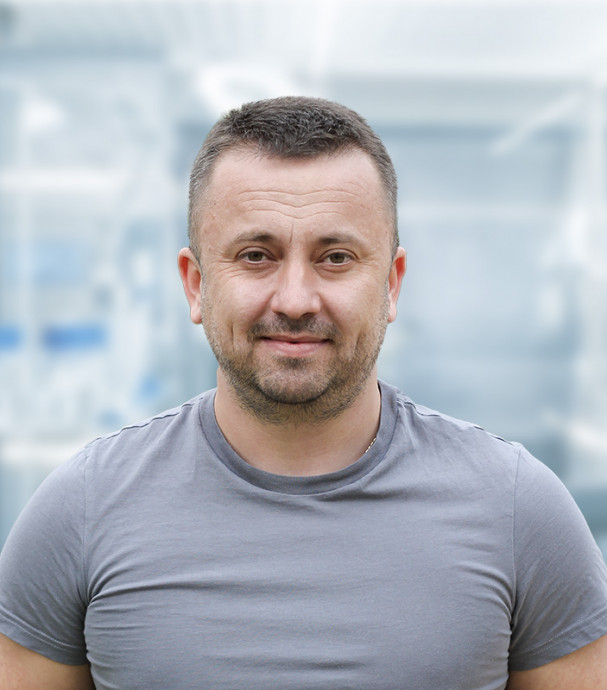 One of these technologies is Proton Exchange Membrane Fuel Cell (PEMFC). It converts the chemical energy of hydrogen into electrical energy producing zero harmful emissions, generating only pure water and heat as by-products. "However, despite dawning commercialization and great potential, such fuel cells are not without problems to solve in the way to widespread adoption. One such challenge is the cost and scarcity of platinum catalysts, on which PEMFCs are largely dependent. In our group, we are on a mission to tackle this challenge. We are focused on developing advanced and affordable catalyst alternatives based on fundamental and applied research. By leveraging innovative materials and cutting-edge techniques, we aim to unlock the full potential of fuel cells, thereby contributing to a more sustainable future.”
One of these technologies is Proton Exchange Membrane Fuel Cell (PEMFC). It converts the chemical energy of hydrogen into electrical energy producing zero harmful emissions, generating only pure water and heat as by-products. "However, despite dawning commercialization and great potential, such fuel cells are not without problems to solve in the way to widespread adoption. One such challenge is the cost and scarcity of platinum catalysts, on which PEMFCs are largely dependent. In our group, we are on a mission to tackle this challenge. We are focused on developing advanced and affordable catalyst alternatives based on fundamental and applied research. By leveraging innovative materials and cutting-edge techniques, we aim to unlock the full potential of fuel cells, thereby contributing to a more sustainable future.”
In addition to the excellent conditions for science, Ivan Khalakhan also praises the Czech academic environment. "I really like the friendly relations between colleagues and students. The resulting atmosphere based on mutual respect and support promotes a positive working environment." He also appreciates academic freedom, which he believes is crucial for innovative research."All this contributes to maintaining the highest standards of scientific work at Charles University and serves as a driving force behind our academic endeavours. But it is difficult for me to compare, because as an independent researcher, most of my experience has been in the Czech Republic. However, based on numerous collaborations with researchers from Ukraine, I would say that our academic cultures are overall rather similar," he adds.


